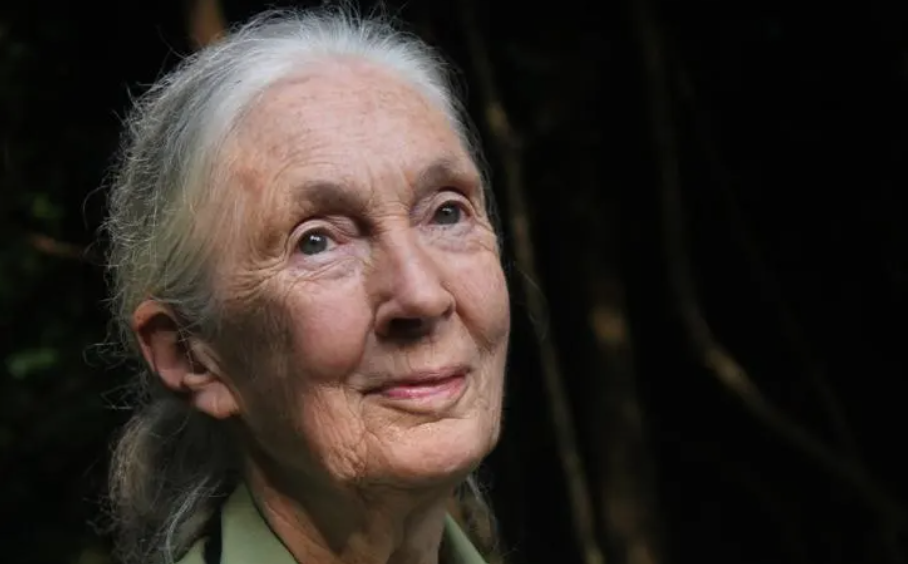Reflections on Scholar-Advocacy and the Passing of Jane Goodall

The death of Jane Goodall has caused me to contemplate further what a scholar-advocate truly is. Jane was a shining example.
Scholar-advocacy is using one’s scholarship, knowledge, and experience to advocate for a cause. In this case the cause is the protection of other animals. Scholar-advocacy bridges the gap between the world of academics, science and scholarship, and the world of on-the-ground, active, animal advocacy efforts. But I’ve always known that not everyone has the ability or inclination to be a scholar- or scientist-advocate. It takes something special.
What does it take?
- Confidence in one’s value as a scientist.
- Maturity in one’s perspective about the role of science in the world.
- Courage to self-examine one’s actions.
- Moral strength to place the needs of other animals (or any cause) before oneself.
Dr. John Gluck, a renowned primatologist like Jane Goodall, embodies these rare characteristics. After spending years collaborating on the infamous Harlowe studies of maternal deprivation in macaques, John was able to gain clarity of perspective and move past his early work and focus solely on research ethics and advocacy for primates in research. As he has said: “The scientist who works with animals (in any capacity) and becomes a moral agent for improving the welfare of that animal is then a true scientist – not just a designer of experiments.”
Jane Goodall, likewise, used what she learned for the betterment of her subjects and the rest of nature and was able to move beyond the science into the next level – that of the scientist-advocate. She continued this vital work until the end.
“The scientist who works with animals (in any capacity) and becomes a moral agent for improving the welfare of that animal is then a true scientist – not just a designer of experiments.”
John Gluck
Unfortunately, not everyone has the ability to do this. Many scientists, as brilliant and productive as they may be, never get past the role of technician. They cling covetously and white-knuckled to their patina as “Scientist” writ large, never moving beyond their role as a “designer of experiments”. Moreover, they often disparage (perhaps jealously) those individuals who elevate their work to the level of real science and not just the performance of research studies.
Jane Goodall will be missed more than words can say, but she continues to be a model for young scholars who wish to do more than collect facts and add lines to their curriculum vitae and who realize that their training as a scientist is a gift that can change the world if they dare to use it.
